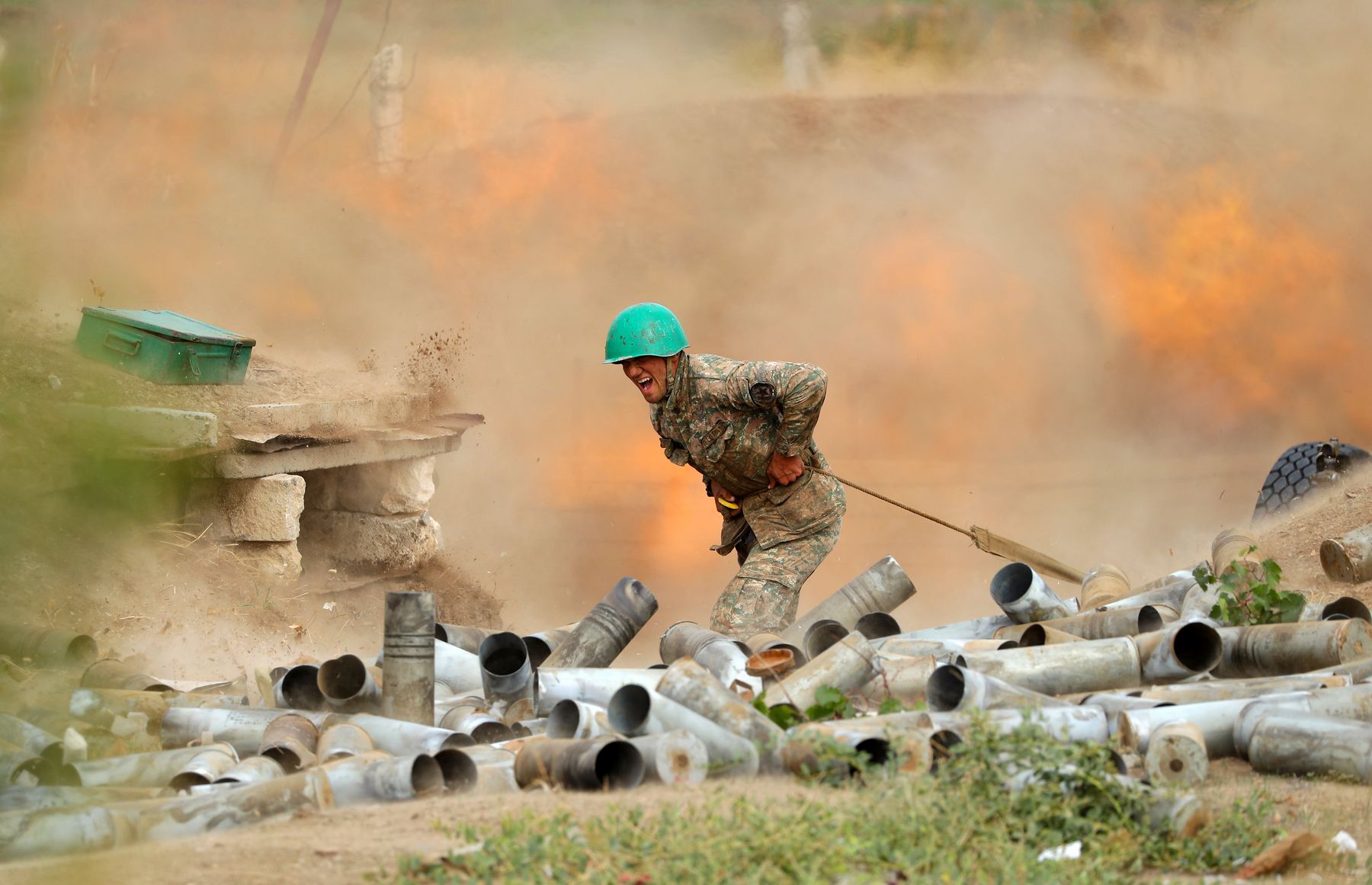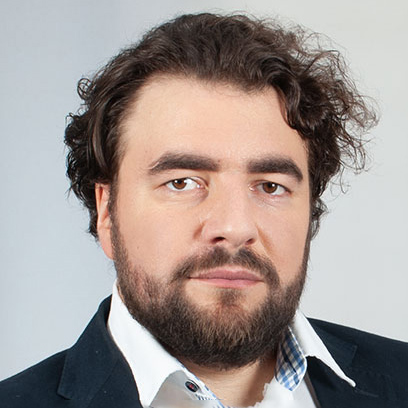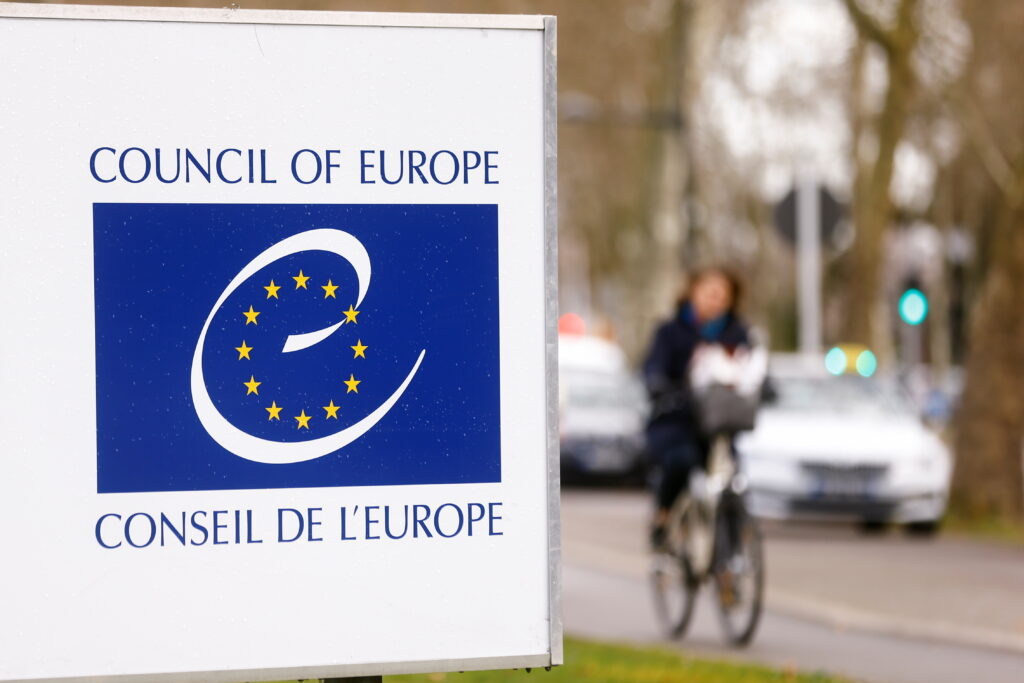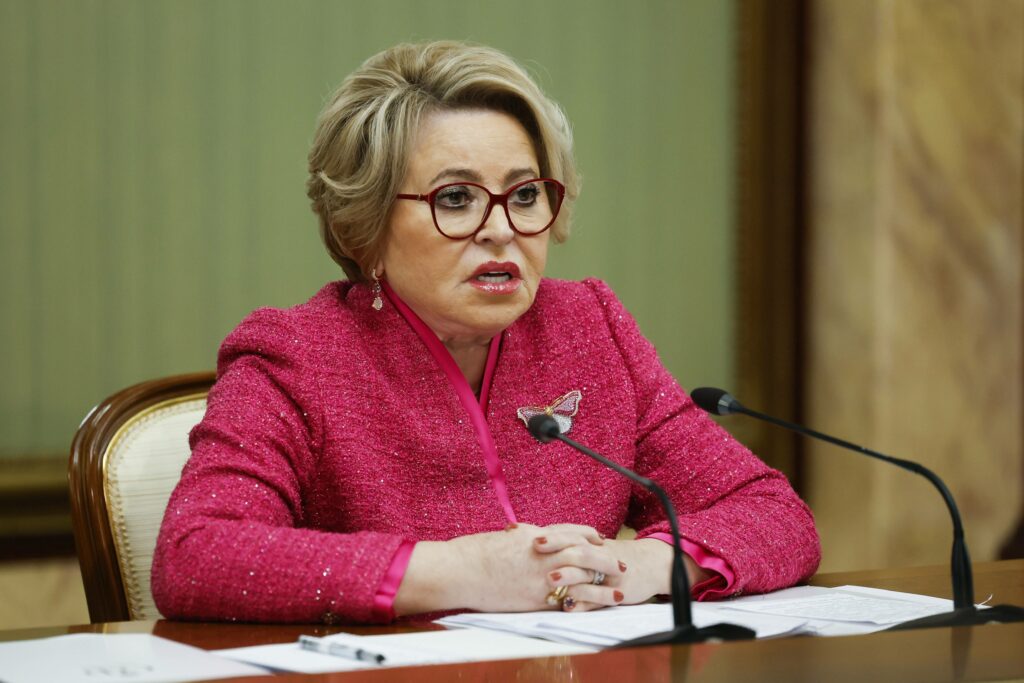Russia is both an official military ally of Armenia and a mediator in Armenia’s longstanding Nagorno Karabakh conflict with Azerbaijan that has flared up once more this September. Here, we are not talking about the Kremlin’s split personality. By not interfering in the course of hostilities in Karabakh, the Russian authorities still strictly comply with all their international obligations, including the Collective Security Treaty.
That said, the Kremlin has already begun to be accused of leaving its Armenian allies to be torn apart by Azerbaijan and Turkey. Even so, some are hopeful that Russia will act. The Armenian Ambassador to Russia Vardan Toganyan stated that, if necessary, Yerevan could turn to Moscow for additional military assistance. Then again, Armenian Prime Minister Nikol Pashinyan appears less convinced. He bluntly said that Russia adheres to neutrality in this conflict; on top of that, some other representatives of the Armenian ruling class admit that Russia has never undertaken obligations to defend Karabakh, which it officially recognizes as the territory of Azerbaijan.
So, what to expect?
Non-aggression pact
Much hinges on interpretations of the Collective Security Treaty, which was signed in 1992. Back then, the war in Nagorno-Karabakh was still going on. The parties to this agreement were initially not only Russia, Kazakhstan, Kyrgyzstan, Armenia, Belarus, and Tajikistan, but also Uzbekistan, Azerbaijan, and Georgia. In fact, it was primarily a non-aggression agreement between the former Soviet republics. The security equivalent to how the Commonwealth of Independent States was a tool for a peaceful economic divorce.
Armenia, Azerbaijan and Georgia were all at war then. The first two – among themselves and for Nagorno-Karabakh. The Georgians – with their autonomous regions (South Ossetia in 1991-92, Abkhazia since the end of 1992) and among themselves. Uzbekistan feared Kazakhstan. Kazakhstan and Kyrgyzstan feared Uzbekistan. A civil war broke out in Tajikistan. Everyone needed a guarantee of non-aggression from the former “fraternal republics.”
However, the Collective Security Treaty Organization (CSTO) could not ensure peace even then. By about 1994, seeing how Russia, the prime mover of the CSTO, did not want to protect their interests — on the contrary, it sometimes actively supported their opponents — Azerbaijan and Georgia both stopped their work in the organization. Uzbekistan followed them a little later. They all came out officially only in 1999.
The rest stayed. Among them is Armenia. Following the results of the Karabakh war, Armenia had emerged as a winner of sorts, but a winner at the same time in an almost complete blockade in a tough neighbourhood. Even the neighboring post-Soviet Georgia far from friendly. On top of that, there is no question of olive branches from Azerbaijan or Turkey. At that time, Russia was the only real ally for Armenia.
From the moment Azerbaijan, Georgia and Uzbekistan left, the countdown of the gradual transformation of the CSTO from a structure created for a peaceful divorce into a military-political bloc of allied states united by at least some common strategic interests began. It finally took shape in this form only ten years ago. That was when an additional protocol was signed on December 10, 2010, which clarified the points on mutual military assistance.
CSTO is not equal to Russia
Articles 2 and 4 became key in the updated Collective Security Treaty. These determine when and in what sequence a decision is made on “collective defense.” The sequence is simple: first, consultations, then – a request from the “affected” state, then – a collective decision to provide assistance. Collective decision making is obligatory here, it is stipulated in Article 2, so Articles 2 and 4 must be read together.
The document still contains many references to the UN and its charter. This should not distract us. They appeared in the Treaty because Russia did not feel strong enough at that time and was constantly alluding to international law, which it stopped paying attention to after the annexation of Crimea in 2014.
Apply these parameters to the unfrozen conflict in Nagorno-Karabakh. For the first two days, the fighting took place only on the territory of Azerbaijan, since the entire world community, including Armenia, did not recognize the independence of the Nagorno-Karabakh Republic (NKR). This means that this did not concern the CSTO at all; the NKR is not a member of this organization.
However, on September 29, the Armenian side announced that the Azerbaijani army began to strike at the strategically important city of Vardenis, where a new short road begins, linking Armenia with Nagorno-Karabakh. From that moment on, official Yerevan, if it proves the fact of such strikes or confirms in some way its reports that the Turkish F-16 shot down an Armenian Su-25 in the Armenian airspace, can turn to the CSTO with a request for help.
However, is it then possible for all members of this organization to make a decision to provide assistance to Armenia? Most likely no. Turkey is directly or indirectly involved in the current war; so Turkic-speaking Kazakhstan and Kyrgyzstan will not want to spoil relations with it for the sake of the Armenians. This means that there will be no collective decision to provide assistance. Russia remains — but in a personal capacity.
The Kremlin is neutral
If the CSTO does not come to the rescue “for technical reasons”, that is, due to the lack of consensus, Yerevan will have to contact the Kremlin directly. At the same time, Russia as a separate country does not have any obligations to provide military assistance to Armenia. Even the presence of an air base in Gyumri does not oblige this.
In other words, to provide military assistance, the Kremlin needs to be highly motivated. There can be many reasons for interference in theory. Commenting on social networks, many even believe that Moscow was thus saving its loyal ally, ex-President of NKR and Armenia Robert Kocharyan, in the first days. The current Armenian Prime Minister Pashinyan had tried to send him to jail. Now Kocharyan was able to leave for Nagorno-Karabakh to take part in the hostilities. From there, he will definitely not be extradited back to “big Armenia”. Moscow is happy and supposedly should now start providing military assistance to the Armenians.
A more likely reason for the Kremlin to intervene and abandon neutrality is Turkey’s involvement in the conflict. The defeat of Armenia in the eyes of many will also be the defeat of Russia, a threat to its influence in the region. In the rest of the world this will be explained by the weakness of the Kremlin.
There is, of course, a humanitarian aspect too. Further military successes of Azerbaijan will inevitably lead to the fleeing and, possibly, to the deportations and deaths of civilians of Armenian nationality. That is, the population of Karabakh and the Armenian border regions. In this way, intervention from Putin may be required by Russian society on an apparent moral basis. True, on condition that the Kremlin itself wants it, and gives the command to its propaganda media to show more heartbreaking bloodshed.
However, the essence of these considerations boils down to a simple thesis: Russia has no real obligations to provide assistance not only to Nagorno-Karabakh, but also to Armenia itself. Plus, Moscow’s behavior will no longer be regulated by the Collective Security Treaty. So if the Kremlin decides to intervene as one of the parties to the conflict, it will not be because it is forced to do so by some legal obligations.










